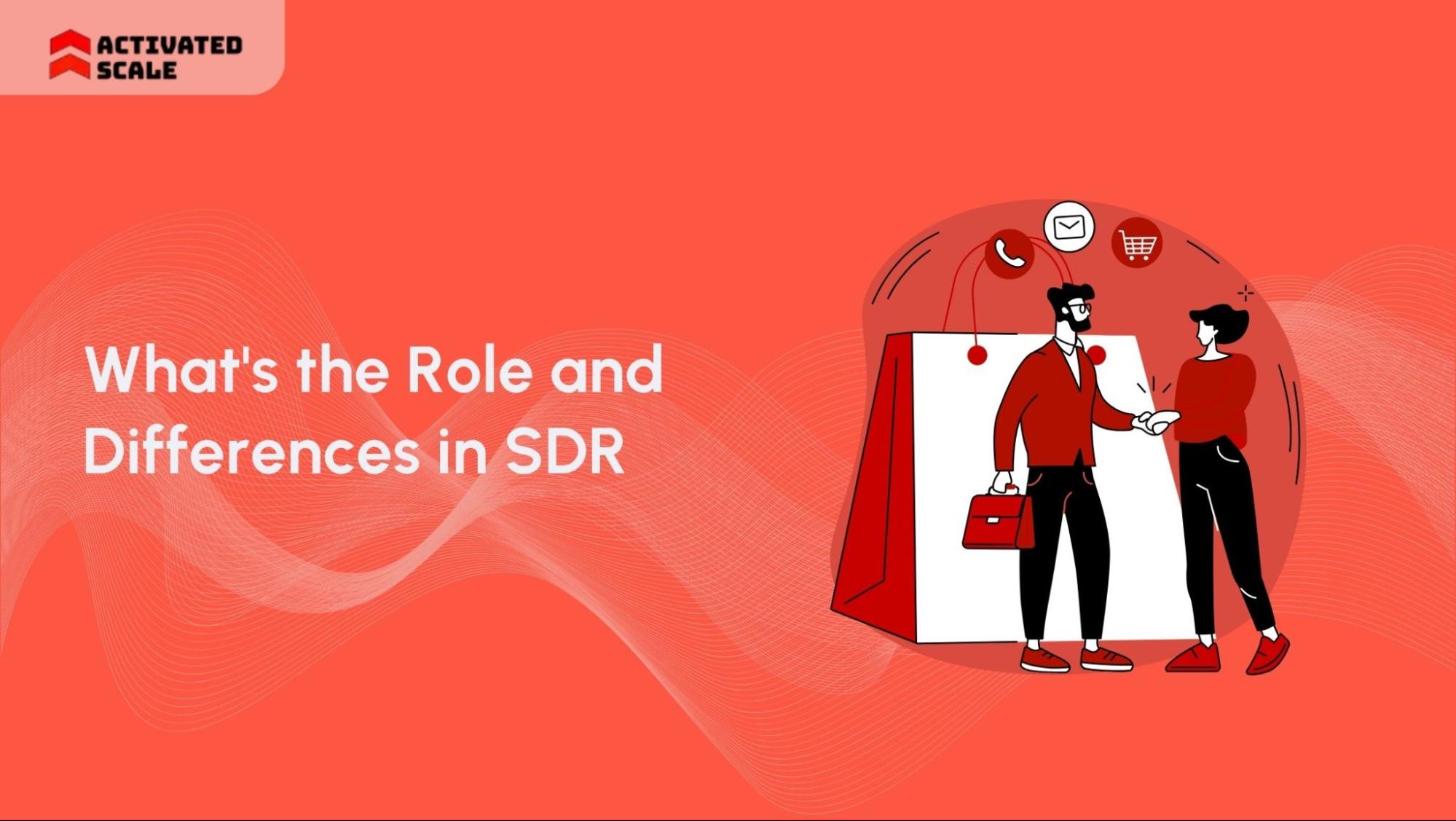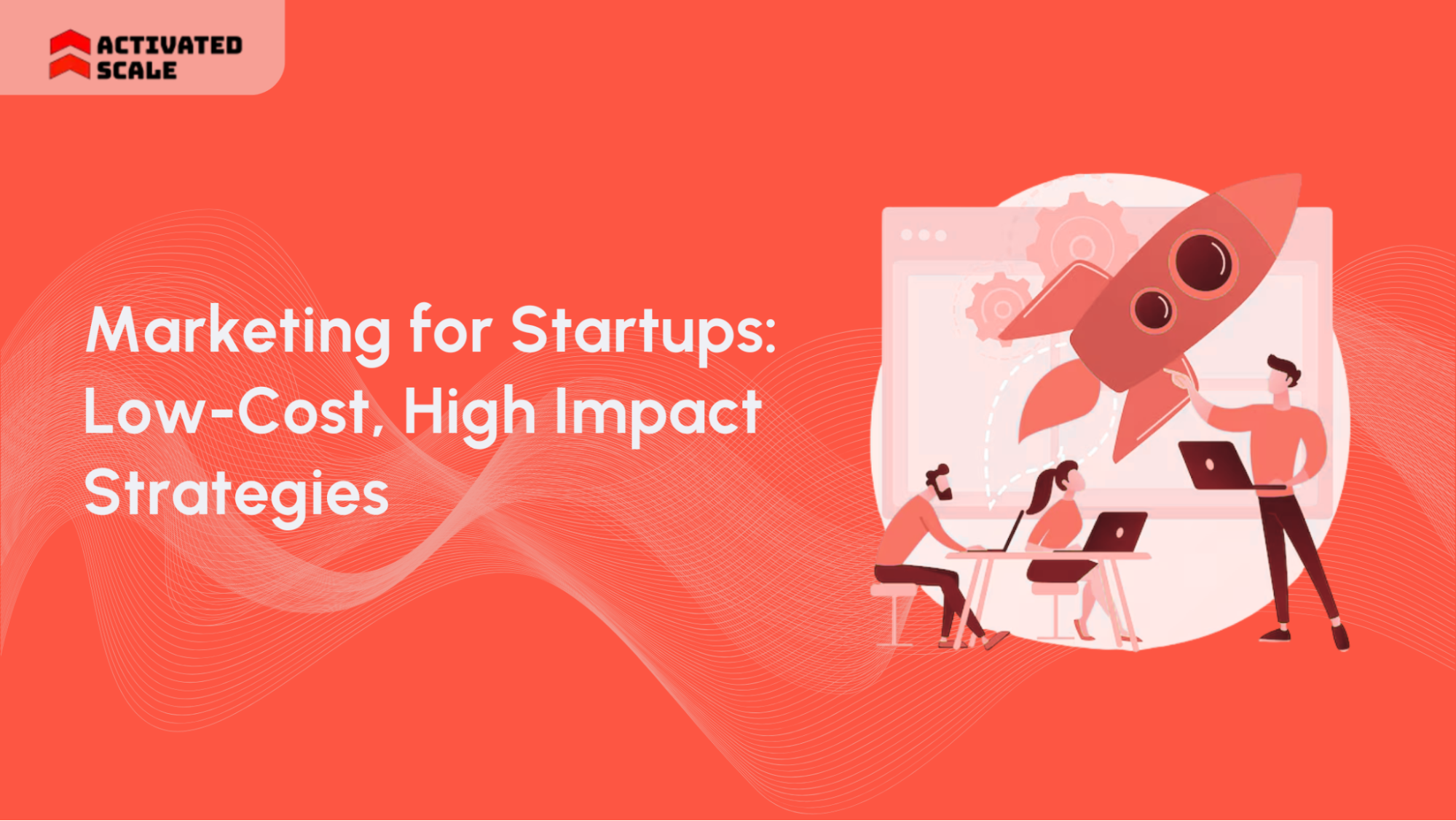Do sales engineers make commissions? The answer is yes. The traditional view positions sales engineers as technical experts, with compensation primarily comprising a base salary. Yet, as organizations increasingly recognize the strategic value of sales engineers in driving revenue, there's a growing inclination to incorporate performance-based incentives. This shift aims to align their objectives with company goals, fostering a more integrated sales approach.
In 2024, the median annual wage for sales engineers in the United States was $121,520. However, their compensation structure often sparks debate: should they receive commissions similar to their sales counterparts?
In this blog, we'll delve into the intricacies of creating a commission plan tailored for sales engineers. We'll explore industry benchmarks, best practices, and strategic insights to help organizations craft compensation structures that reflect the value sales engineers bring to the table.
What is a Sales Engineer?
A Sales Engineer (SE) is a hybrid professional who combines deep technical expertise with sales acumen. Their primary role is to support the sales team by providing technical knowledge, addressing customer concerns, and ensuring that the product meets client needs. SEs often work alongside Account Executives (AEs) to close complex deals, particularly for technical products and services.
What Are The Common Commission Models for Sales Engineers?

Designing a commission model for Sales Engineers (SEs) is a critical task that directly impacts their motivation, performance, and alignment with company goals. The most common models vary in structure, from a straightforward base salary + commission to more complex tiered and profit-sharing models.
Here’s a look at the most prevalent commission structures and how they work.
- Base Salary + Commission
This is the most traditional and widely used commission model for SEs. It typically includes a guaranteed base salary, ensuring financial stability for the employee, alongside a performance-based commission. The commission is often a percentage of the deal closed or revenue generated.
- Why It Works: This structure is simple and straightforward, ensuring that SEs are rewarded for their direct contributions to sales.
- Key Benefit: Provides a clear incentive for SEs to drive sales while also ensuring they remain motivated through guaranteed base pay.
- Tiered Commission Structure
In a tiered commission model, SEs earn a base commission rate, which increases as they hit specific sales targets or thresholds. For example, they might earn 5% for reaching a certain sales quota, but once they surpass that target, their commission rate could increase to 7% or 10%.
- Why It Works: This structure incentivizes SEs to exceed their goals, providing increasing rewards for top performance.
- Key Benefit: Encourages SEs to consistently push for higher sales, driving exceptional performance and rewarding those who go above and beyond.
- Revenue-Based or Profit Margin-Based Commission
This model ties commissions directly to the revenue or profit margin generated from the deals the SE closes. For example, an SE might earn a set percentage of the total revenue or a higher percentage if they close a deal with a particularly high-profit margin.
- Why It Works: Aligns the SE’s performance with the company’s financial success, motivating them to not just close deals, but close high-value deals.
- Key Benefit: Encourages SEs to focus on profitability, ensuring that both the company and employee benefit from high-margin sales.
- Residual Commission
With a residual commission model, SEs continue to earn commissions over time on deals they close, typically for recurring revenue products like subscriptions or service contracts. This could mean receiving a percentage of monthly payments as long as the customer remains active.
- Why It Works: This model rewards SEs for securing long-term business and ensures they remain engaged with their clients even after the initial sale.
- Key Benefit: Fosters long-term relationships with customers and incentivizes SEs to ensure the success and satisfaction of clients post-sale.
- Bonus and Accelerator-Based Commission
Bonuses or accelerators are often added to a base commission model to further incentivize SEs to exceed targets. A bonus might be awarded for surpassing a set quota, while an accelerator increases the commission percentage after a certain target is exceeded.
- Why It Works: This model offers high-performing SEs additional rewards, pushing them to consistently surpass sales targets.
- Key Benefit: Drives competitive spirit and maximizes the sales potential by rewarding extraordinary achievements.
Designing a commission plan for Sales Engineers (SEs) goes beyond just determining base salary and commission rates: it’s about ensuring that the metrics you use align with both business goals and individual performance.
Key Performance Metrics to Include in Your Commission Plan
By incorporating the right Key Performance Indicators (KPIs), you can motivate your SEs to focus on the right aspects of their role, from customer acquisition to long-term retention.
Below are the key performance metrics that should be included in your commission plan, represented in a clear and actionable format.
How to Monitor and Adjust Your Sales Engineer Commission Plan

Monitoring and adjusting your Sales Engineer commission plan is crucial for ensuring that it remains effective and aligned with evolving business goals. Here’s how to do it efficiently:
- Regular Performance Reviews: Assess SE performance quarterly or semi-annually to determine if the commission plan is driving the desired outcomes. Adjust if targets are consistently met or missed.
- Track Key Metrics: Continuously monitor key metrics such as sales growth, lead conversion, and time to close to gauge the success of the plan.
- Gather Feedback from SEs: Regularly seek input from SEs on the plan’s effectiveness. This can provide insights into its impact on motivation and performance.
- Align with Company Goals: Revisit the commission structure when company priorities shift (e.g., new product launches, market expansion). Ensure the plan reflects these changes.
- Adjust for Market Conditions: If the competitive landscape or industry compensation standards change, adjust the commission structure to remain competitive and attractive to top talent.
- Incorporate Flexibility: Build in flexibility to allow for short-term adjustments, such as seasonal bonuses or accelerators for extraordinary performance.
Also Read: Sales Commission Software
Benchmarking Sales Engineer Compensation: What Are Others Paying?
Understanding industry standards for Sales Engineer (SE) compensation is crucial for both employers aiming to attract top talent and professionals negotiating their value. Below is a data-backed overview of current compensation trends for SEs in the United States.
Average Sales Engineer Salaries
The average base salary for a Sales Engineer in the U.S. is approximately $128,713, with additional cash compensation averaging $43,369, bringing the total average compensation to $172,082.
Source: Link
Top Paying Industries for SEs
Sales Engineers in certain industries command higher compensation due to the technical complexity and value of the products sold.
Source: Link
Also Read: Enterprise Software Sales Compensation Plans for SaaS Leaders
Conclusion
A strong commission plan not only drives performance but also fosters a culture of achievement and collaboration. It's clear that integrating these strategies will empower your team to meet and exceed sales goals, creating long-term value for both the business and your customers.
If you're looking to scale your sales team with the right talent and leadership, Activated Scale offers tailored solutions like contract-to-hire recruitment, fractional selling, and fractional sales leadership. It will allow you to tap into high-level expertise without the financial burden of full-time hires, helping you design a compensation structure that drives growth and success.
The Ultimate Guide to Hiring a Salesperson!
Get the step-by-step guide to hiring, onboarding, and ensuring success!
_edi.png)




